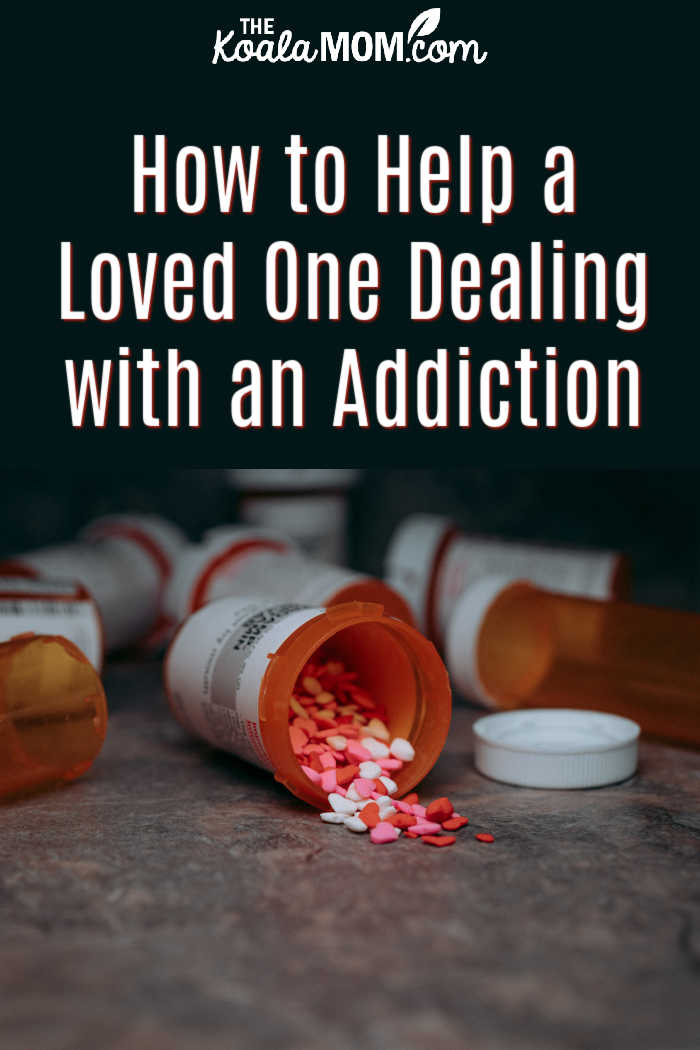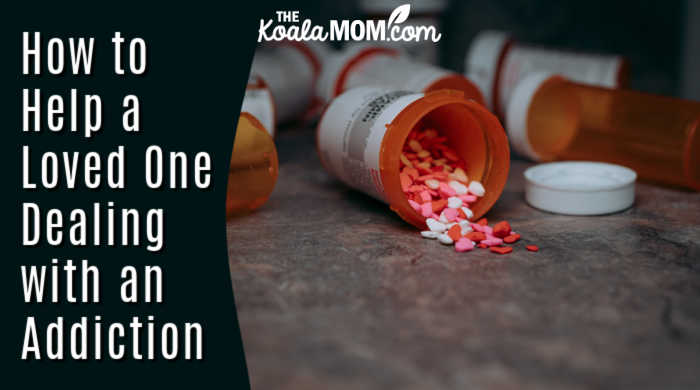It’s never easy to see a loved one suffer from addiction. Whether it’s alcohol, drugs, gambling, or something else, addiction can take a toll on both the individual and those around them. If you have a loved one who is dealing with an addiction, there are things you can do to help. Here are a few tips:

Addiction Is a Serious Issue that Needs Professional Assistance
Addiction is an extremely serious problem requiring professional help to properly detoxify from chemical dependency. Without professional help, the duration of detoxification can be much longer with an increased risk of relapse. People who seek professional assistance can obtain appropriate therapies and supportive care as well as gain crucial knowledge about the addiction cycle.
Treatment plans created on a case-by-case basis offer comprehensive care that starts at the beginning of recovery and continues even after treatment is completed. The duration of detoxification should never be taken lightly for it not only affects the individual’s physical health but also their mental health, spiritual well-being, and personal relationships.
Addiction requires professional help in order to ensure that one can reach full recovery without sacrificing their own health or losing sight of their goals.
You Can’t Force Someone to Get Help
It can be heartbreaking to watch someone who is struggling with an addiction. It’s natural to want to find a way to help them and make the pain stop, but unfortunately, you cannot directly force someone to get help or change their behaviors. However, you can offer your support in other ways that might make a lasting difference.
Small gestures like lending an ear when they need it, offering a shoulder to cry on, sharing resources, or just being present can show that person that they are not alone — and that could be powerful in convincing them to get professional assistance or make positive changes. Sometimes all a person needs is someone who cares enough to offer the support they desperately crave.
Be There for Them, But Don’t Enable Behavior
If a friend or family member is in need of help, it can be tempting and even rewarding to swoop in and offer support. But be sure that the kind of help you offer is not enabling them to coast along in bad habits, missing out on opportunities to develop meaningful and lasting change.
Be compassionate yet firm; remind them of their own agency and insist that they step up and take responsibility for their actions. Offer your guidance, but don’t carry them – encourage them to take ownership of the situation so they can move forward with authentic progress.
When one person has never struggled with an addiction, it can be hard to understand why someone else does and to show them compassion. Sometimes fiction can help us “walk a mile” in someone else’s shoes and understand what may drive them to do what they do. Here’s some novels that explore the topic of addictions:
- All She Left Behind by Jane Kirkpatrick (alcoholism)
- One Last Thing by Rebecca St. James and Nancy Rue (pornography)
- The Merciful Scar by Nancy Rue & Rebecca St. James (cutting / self-harm)
- A Slow Burn by Mary DeMuth (drugs)
- Not in the Heart by Chris Fabry (gambling)
Set Boundaries and Stick to Them
Setting boundaries is an important part of self-care. Whether it be a boundary with someone else, or with yourself, understanding what you need and when you need it leads to greater mental health and stability. To create boundaries between people, mutual respect must be established and respected. Boundaries should never compromise your values and shouldn’t be so rigid that they limit your growth and learning process.
However, setting clear limits makes it easier to manage relations among different parties—you can build trust knowing when each side will have their needs met. Once these boundaries are set, having the courage to stand by them creates a healthier relationship in the long run for all involved parties. Allowing yourself to stick with these boundaries strengthens your integrity as an individual and helps build assurance from others that your wishes are respected.
Get Help for Yourself If You’re Struggling
It can be hard to recognize when you need to ask for help. We often want to think that we’re capable of dealing with whatever comes our way, but sometimes that’s simply not the case. It’s important for us to remember that support is all around us and there are so many people willing and ready to lend an ear or a helping hand if we find ourselves overwhelmed by difficult circumstances.
Whether it be reaching out to family and friends, accessing professional counseling resources, or using online applications, seeking out assistance can be a catalyst for finding positive solutions that promote mental and emotional well-being. Don’t be afraid of asking for help—it’s important in order to get your life back on track.

It can be difficult to be supportive of someone you care about who is struggling with an addiction, but you must do your best to speak up and draw boundaries. The road to recovery is a long and sometimes painful journey, but most of those battling addiction can make it through with the right support system.
Show understanding, love, and compassion for the person struggling with addiction, but also let him or her know that you are there to help and support them in their efforts to recover—without enabling any bad behaviors. Education is key when working through this issue, so seek out professional guidance if and when possible to ensure that healing will reach its goal.
But remember: never underestimate the power of love and forgiveness – it can help undo even the worst pain.

No Responses Yet